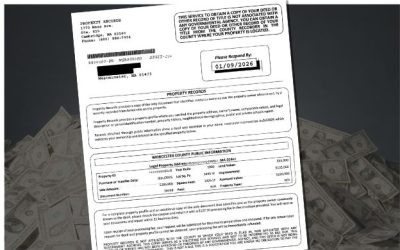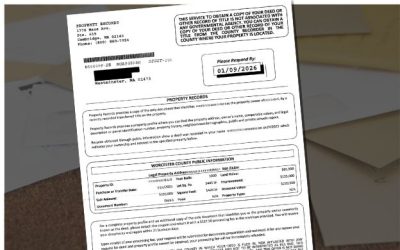SUMMARY: Starting March 1, 2026, FinCEN’s Residential Real Estate Rule requires a Real Estate Report for certain non-financed residential transfers where the buyer is an entity or trust (common “cash/opaque ownership” scenarios). Real estate agents do not file the...

How Does the Big Beautiful Bill Affect Home Buying in MA and NH?
How Does the Big Beautiful Bill Affect Home Buying in MA and NH?
Ah, the “Big Beautiful Bill”—sounds like something out of a fairy tale, doesn’t it? But this recent tax mega-bill, passed just last week, is very real and packs a punch for home buyers in high-tax havens like Massachusetts and New Hampshire. Let’s break it down, shall we? No crystal balls here, just solid impacts on your next closing adventure.
First off, the bill cranks up the State and Local Tax (SALT) deduction cap from $10,000 to a whopping $40,000. In states like MA and NH, where property taxes can feel like a dragon hoarding gold, this means buyers can shield more of those taxes from Uncle Sam. For instance, homeowners could save thousands annually, making that dream house a tad more affordable without stretching the budget to fairy-tale proportions
Then there’s the expanded mortgage interest deduction, allowing folks to deduct interest on larger loans. This tweak benefits high-end buyers and real estate pros by trimming the effective cost of borrowing, especially in pricey markets like Boston or the Seacoast.
For Granite Staters in NH, where property taxes reign supreme, that SALT boost is like finding an extra room in your new home—pure relief for middle-income families.
In MA, with its blend of high property and income taxes, the changes could mean an average tax cut, helping first-timers edge into the market
Now, here’s where a trusty real estate lawyer like us at The Law Office of David R. Rocheford, Jr., P.C. swoops in like a knight in shining armor. Navigating these tax twists during closings? We’ve got you covered with expert title exams, escrow magic, and settlement services tailored to MA and Southern NH. We ensure your deals stay compliant, safe, and legally sound—keeping surprises at bay so you can focus on the happily ever after.
Providing title, escrow, closing and settlement services to clients throughout Massachusetts and New Hampshire
From Our Clients
Recent News
What Real Estate Agents Need to Know About FinCEN’s New Residential Real Estate Reporting Rule (Effective March 1, 2026)
Why New Homeowners Get Targeted After Closing
For many buyers, one of the most surprising parts of homeownership happens after the closing is complete: the sudden increase in mail related to their property. This isn’t accidental—and it isn’t unique to any one company or offer. It’s the predictable result of how...
New Homeowners Beware: “Recorded Deed” Letters That Aren’t What They Seem
Buying your first home is exciting—and it often comes with a mountain of paperwork. Unfortunately, it can also make you a target for misleading solicitations that appear official and urgent, but offer nothing you actually need.One of the most common examples we see...



















